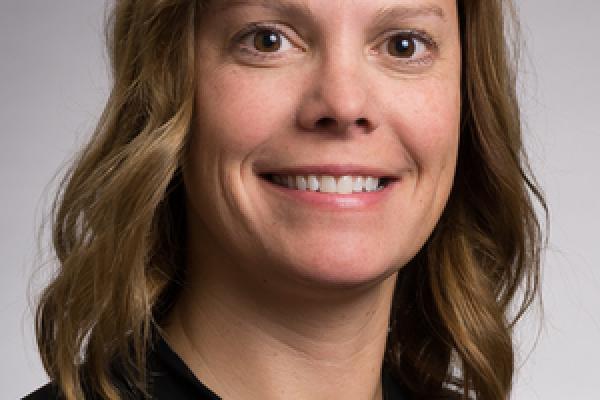
A reminder that all participants need to register in order to participate in the fall seminar series. The link to the registration is here: https://osu.zoom.us/meeting/register/tJwqc-6hqj8pHNNLvJoQiEIkYeLs8tuoakuR
Dr. Kammi Schmeer, OSU, Associate Professor of Sociology
Title: Family Contexts and Health during the Pandemic: Ohio Families with Young Children
Abstract:
The emergence of the COVID-19 pandemic in early 2020 created family health, social and economic crises across the globe. The rapid increase in COVID-19 incidence and death rates led to the immediate and indefinite relocation of most work, educational and childcare activities into the home. Like other states, Ohio enacted a shut-down of non-essential businesses and stay-at-home order in mid-March 2020, with major implications for Ohio families. With the onset of the order, we developed the Crane Center COVID & Families Study (CFS), a rapid survey to assess family conditions and child well-being among caregivers with young children in urban Ohio. We surveyed over 550 primary caregivers (92% mothers) from diverse socioeconomic backgrounds during May-June 2020. Using these new and unique data, I show our preliminary findings that describe the multitude of social and economic disruptions families were facing at the time, and associations with parent and child well-being. Our findings suggest that families across income and racial groups experienced multiple types of disruptions, although economic hardship was particularly relevant for lower income families. We also find that social disruption in the home environment was particularly relevant for parental and child well-being during this time. This study provides important preliminary evidence of the challenges facing families with young children during the early stages of the pandemic, indicating the need for further research and policies to support families during the new pandemic normal and beyond.
